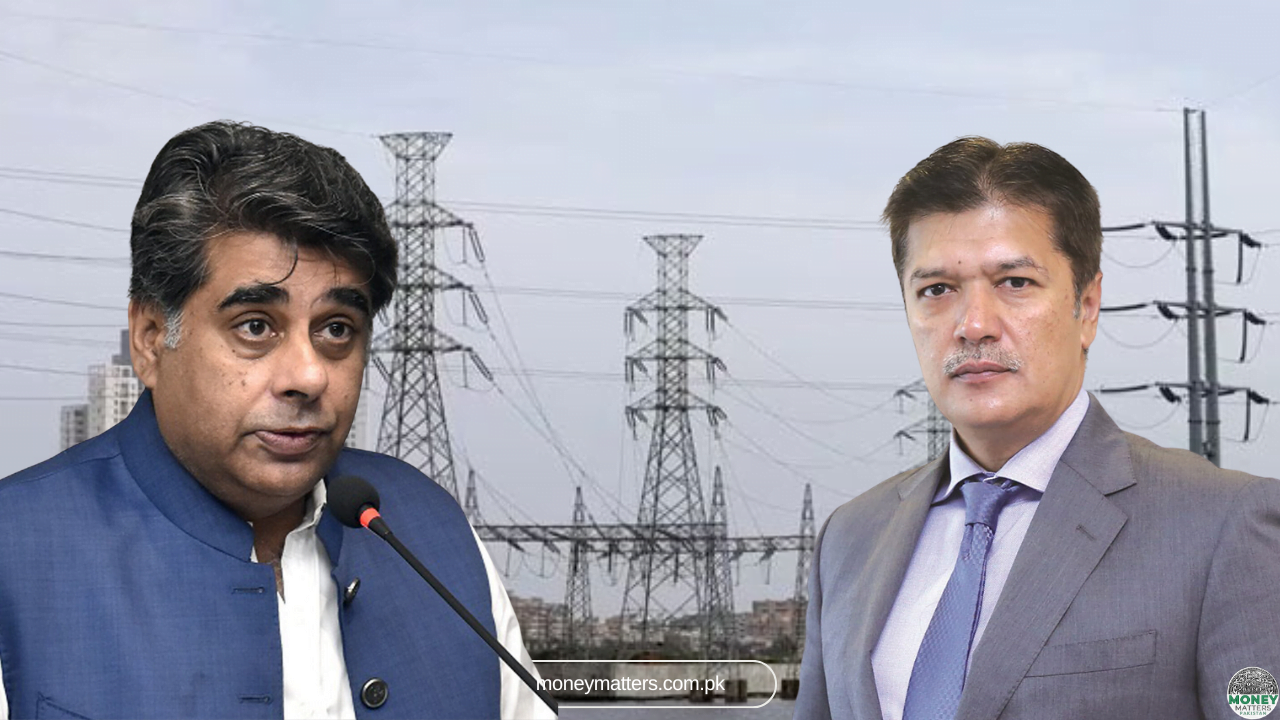Key Takeaways:
– Gohar Ejaz and FPCCI leaders criticize costly IPP contracts and call for urgent reforms.
– They highlight inefficiencies and corruption, stressing the need for cheaper electricity sources and an international energy audit.
– High electricity costs are a major issue, leading to industrial shutdowns and significant financial burdens on consumers.
Criticism of Expensive IPP Agreements
Former Interim Federal Minister Gohar Ejaz, alongside former Interim Provincial Minister S.M. Tanveer and FPCCI leaders, addressed a joint press conference condemning the high-cost contracts with Independent Power Producers (IPPs). Ejaz revealed that after reviewing payment records and agreements, he identified significant mismanagement and corruption impacting investor trust and consumer costs.
Also read: Pakistan’s Energy Crisis: How IPP Contracts Are Draining Consumer Pockets
Call for Cheaper Energy Sources
The leaders emphasized the unsustainable nature of the current electricity tariff, which hinders industrial operations. They advocated for procuring electricity from more affordable sources and urged for a reduction in interest rates. Additionally, they called for an international independent firm to conduct an energy audit to promote industrial growth and national development.
Impact on Consumers and Industry
Ejaz highlighted that consumers are being overcharged due to inefficient “Take or Pay” contracts, where they pay for the full installed capacity regardless of the actual supply to the national grid. He pointed out that government-owned IPPs, which produce less than 50% of their capacity, still charge consumers 100% capacity payments. Similarly, privately owned IPPs operate at 50% capacity but charge high rates, resulting in Rs. 2.112 trillion in capacity payments.
Also read: Pakistan’s Power Crisis: Cancel all IPPs contracts: Dr. Gohar Ijaz
Financial Burdens and Industrial Shutdowns
The press conference revealed that some IPP plants provided no electricity for several months but still received significant payments, exacerbating the financial strain on consumers. Business leaders noted that the high cost of electricity, driven by flawed agreements, is the country’s biggest issue. They reported that annually, Rs. 2 trillion are extracted from consumers as capacity charges, leading to the shutdown of 25% of the industry.
Historical and Current Capacity Charges
In 2015, the country paid Rs. 200 billion in capacity charges for 2,000 MW, with an average consumption of 13,000 MW. By 2024, while the consumption remains the same, capacity charges have skyrocketed to Rs. 2 trillion for 43,400 MW of capacity, with many plants providing partial or no power. These unsustainable IPP agreements are placing a heavy financial burden on Pakistan’s economy and its people.




